Ramadan in Türkiye: discovering unique tastes and cultures in Istanbul and Bursa during the holy month (VIDEO)
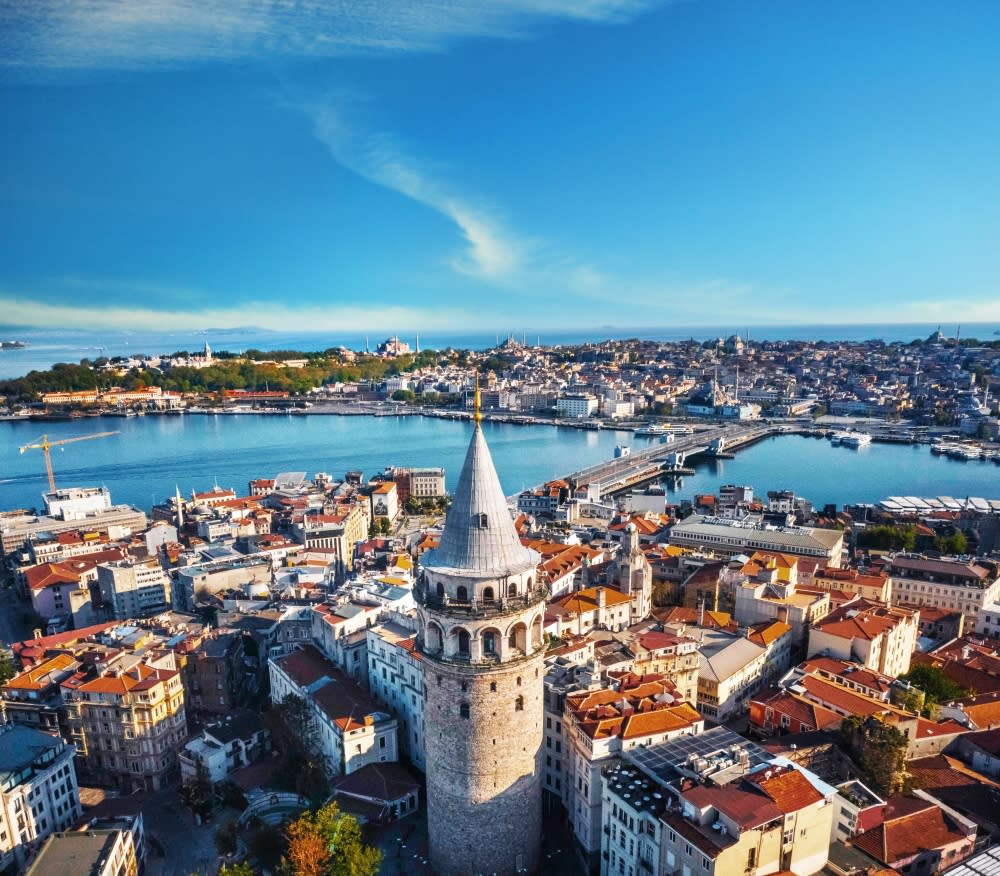
KUALA LUMPUR, April 20 — Türkiye is a land rich in history filled with ancient sites, unique cultures, breathtaking sceneries and undisputedly, a culinary haven.
The nation is even more vibrant during the holy month of Ramadan as the Muslim community which makes up the majority of the population there, ushers in and celebrates one of the most prominent months in Islam.
From decorating mosques with ‘mahyas’ (decorative lights with devotional messages) and minarets, to Quran recitations to a wide range of 'iftar' meals and almsgiving, here’s how Ramadan is celebrated in the city of Istanbul and Bursa.
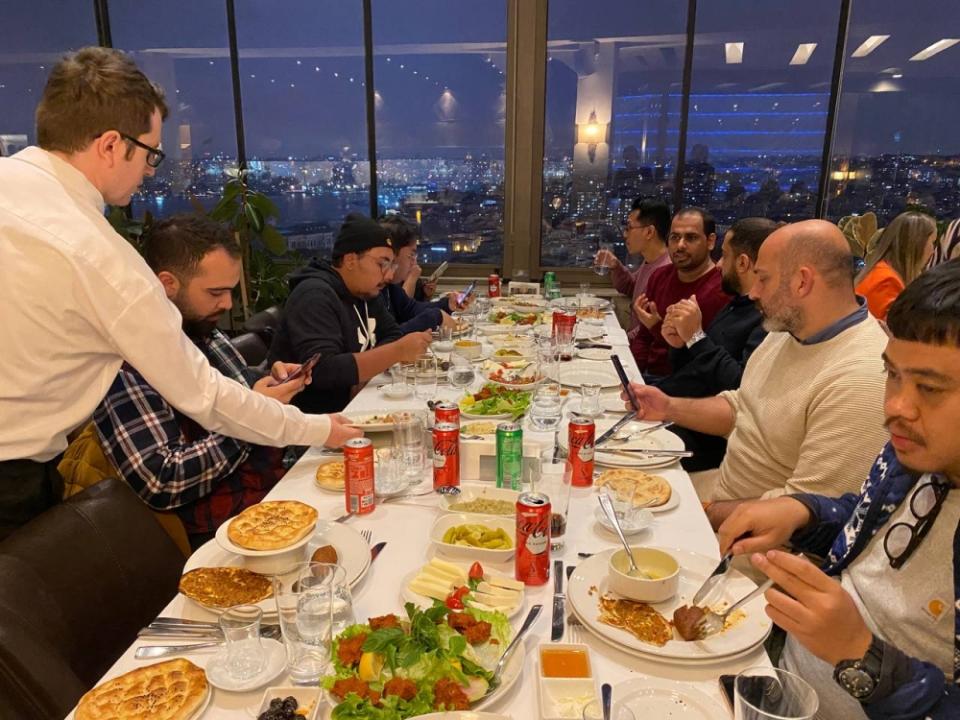
'Iftar' in Türkiye. — Picture by Alan Pamungkas
The Taste of Ramadan
To Muslims everywhere, Ramadan is not just about self-discipline and refraining from eating and drinking, it is also seen as a communal celebration and what better way to celebrate with loved ones other than with food, sweets and drinks after a long day of fasting.
Just like how 'tepung pelita' can be found mostly during Ramadan in Malaysia, Türkiye also has its own seasonal dish with the most popular one being the 'Ramazan Pidesi' or 'pide' (Turkish flatbread).
Usually served during the beginning of breaking of the fast (iftar), pide is best paired with soup or with their assortment of cheese and other range of appetisers and starters called 'Meze'.
A 'Meze' platter usually consists of peta cheese, olives, dates, nuts, baby tomatoes and sometimes even grapes.
As Türkiye is the fourth biggest olive producer in the world, most of the meals here are olive-based.
Kebab is also one of the most sought after dishes and in Türkiye, with most restaurants and eateries offering their own interpretation and touch towards the dish such as the ones served in Iskender Kebab, a famous kebab place located in Bursa, nearby the Grand Bazaar.
Iskender Kebab is similar to Doner Kebab however, the meat is served over a bed of bread which comes with melted butter poured on top of it along with yogurt on the side.
Another Ramadan special in Türkiye is the sweet 'Güllaç' - made with thin layers of phyllo dough sheets with milk and rosewater, and usually topped with pomegranate grains and it is usually served along with other sweet delights.
This includes Baklava and Khunafa and they’re best paired with either a hot cup of Turkish coffee or a glass of Turkish tea.
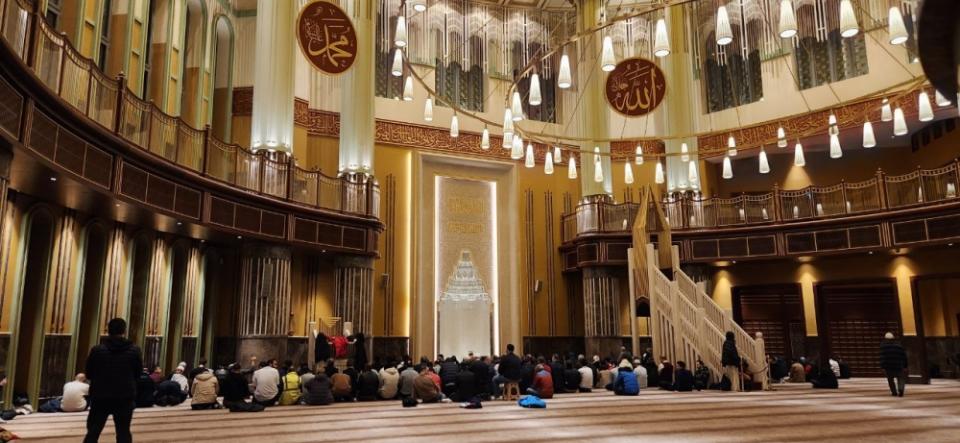
Muslims performing the Tarawih prayers at Taksim Mosque in Istanbul. — Picture by Arif Zikri
Function of Mosques During Ramadan
Mosques are an integral part of Türkiye and its culture.
There are over 3,000 mosques in Istanbul alone and these mosques offer more than just its praying halls especially during Ramadan.
The Taksim Mosque, which is located at the gateway of the famed Istiklal Street in Istanbul is also known for holding numerous activities during Ramadan.
For this year’s Ramadan, Taksim Mosque held a Khat Calligraphy exhibition at their exhibition centre during the day, as well as Quran recitation by members of the mosque for the public.
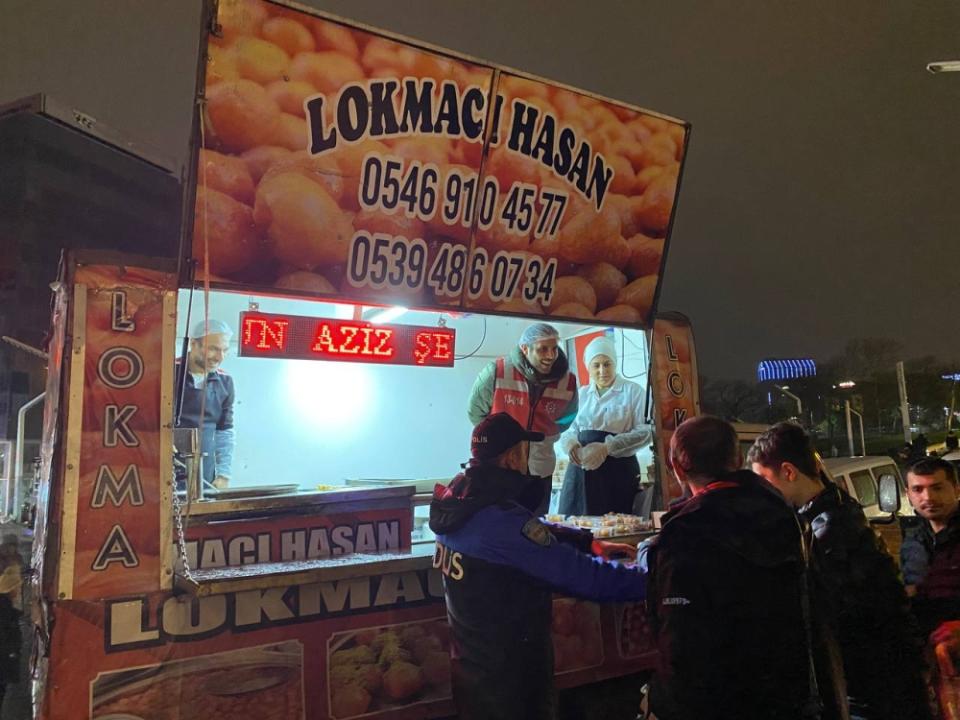
Local municipal police from the Beyoglu district handing out free Lokma (fried dough) to the public during 'Tarawih' prayers. — Picture by Shania Suha Marwan
The local municipal police were also seen giving out free 'Lokma' (fried dough) from their food truck to passerby there during 'Tarawih' prayers as an effort to give back to the community.
Meanwhile, more prominent mosques in Istanbul such as the spectacular Haghia Sophia Mosque and the Eyüp Sultan Mosque also functions as a historical site apart from being a place of worship.
Although it is not a norm there, both the Hagia Sophia and Eyüp Sultan Mosque would also occasionally hold 'iftar' for the public as well.
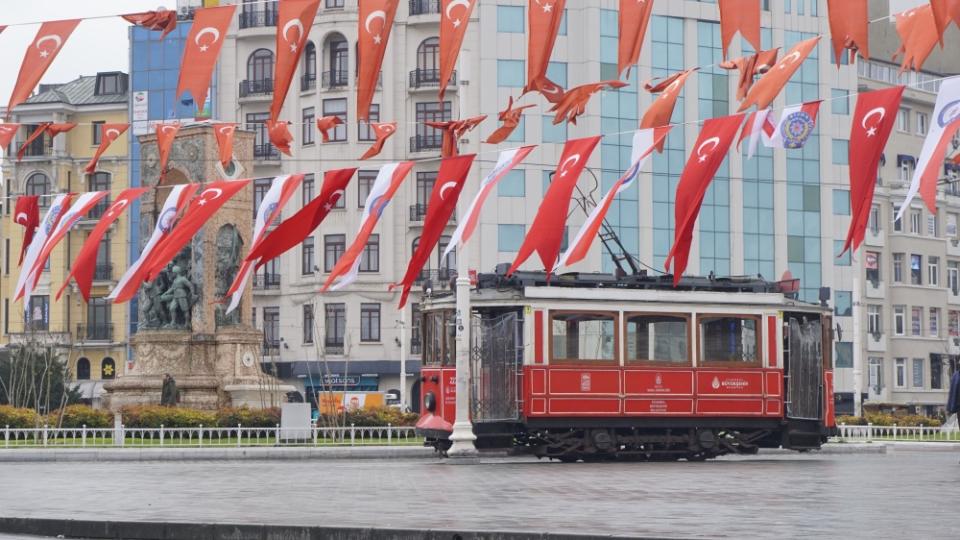
The tram line in Taksim Square has been operating since 1875. — Picture by Arif Zikri
Killing Time During Ramadan
The days are long in Türkiye during Ramadan as fasting usually begins around 4.45am and 'iftar' is around 7.45pm, but fret not as there is much to explore.
For those looking to immerse themselves with 19th-century buildings and shopping at the same time, Istiklal Street located in the Beyoglu district in Istanbul is the go to place for you.
The avenue is filled with European-like buildings where some have been converted into shops where you can find local goods from Turkish cuisines to gift shops to numerous alleyway cafes.
The street is even more picturesque with its traditional tram line which has been operating since 1875.
Pro tip - put on your adventure shoes and explore the shops and alleyways along Istiklal Street as there are many hidden gems such as old churches, cinema as well as antique shops and a whole lot of background motifs for photo ops.
The street is also lively at night during Ramadan as most shops extend operating hours for the whole month.
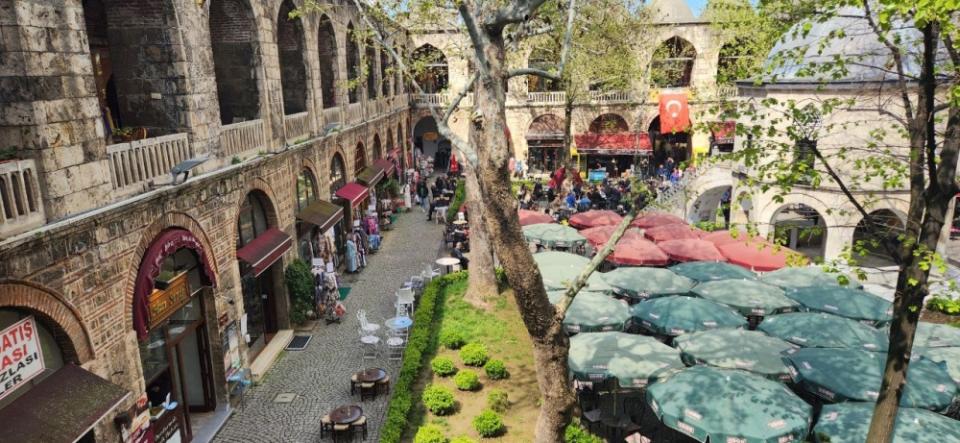
A view of the Koza Han in Bursa. — Picture by Arif Zikri
Meanwhile, for those heading to Bursa, don’t miss the chance to experience the Turkish Baths there as the area is known for its hot spring baths.
Coined as the 2022 Cultural Capital of the Turkic World, Bursa is also the ideal destination to find silks as it is one of the prominent silk producers in Turkiye.
The textile can easily be found at the Grand Bazaar, located just behind the Bursa Grand Mosque.
The bazaar, which its history dates back to the period of Orhan Gazi, the son of Osman Gazi- the founder of the Ottoman Empire, and it is now home to many shops selling textile products.
Other places that are worth visiting in Bursa include the Bursa Living Culture Museum which was converted into a museum from an 18th century building, as well as the Koza Han, which is also a shopping plaza located in the heart of the city’s historic market district.



